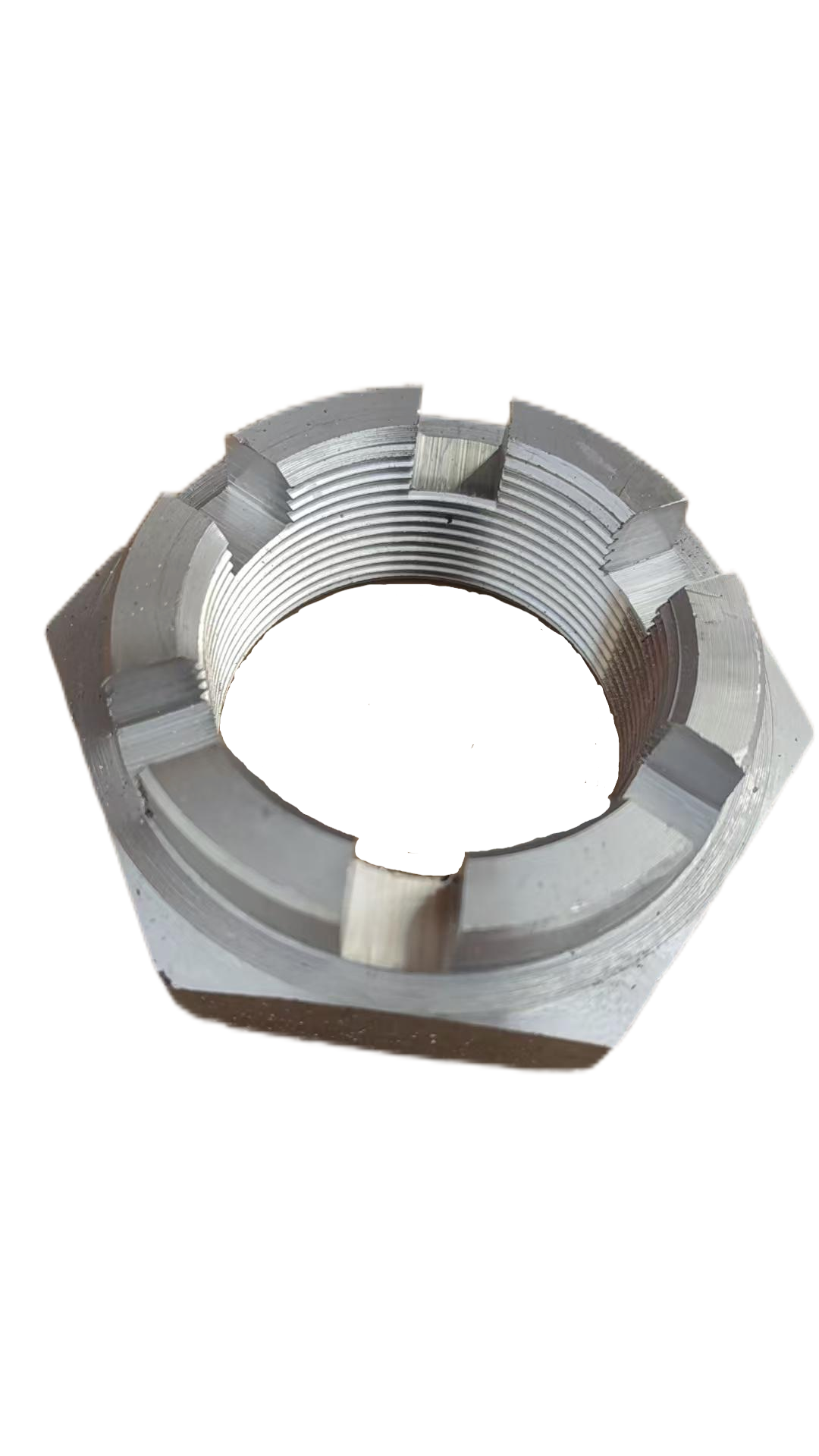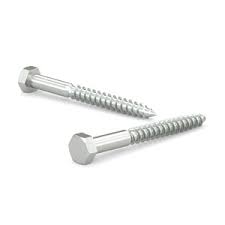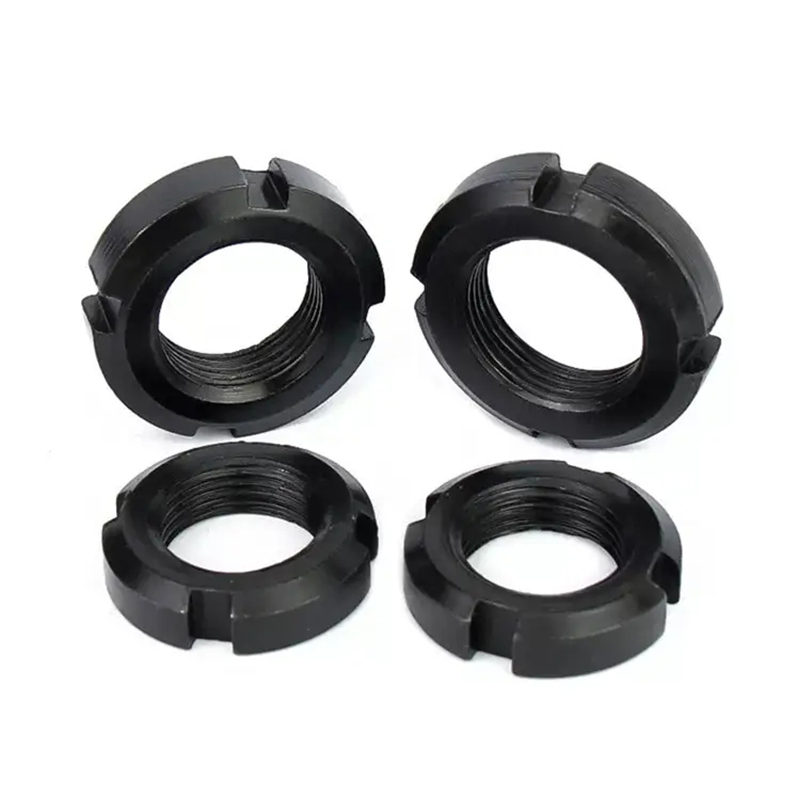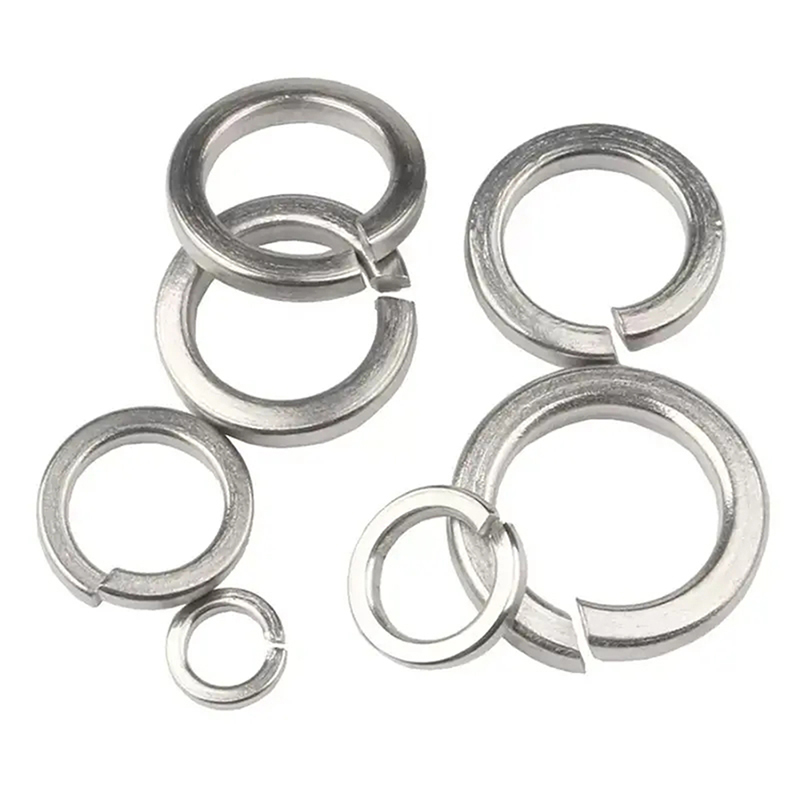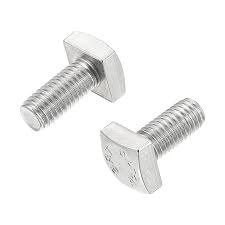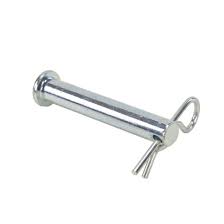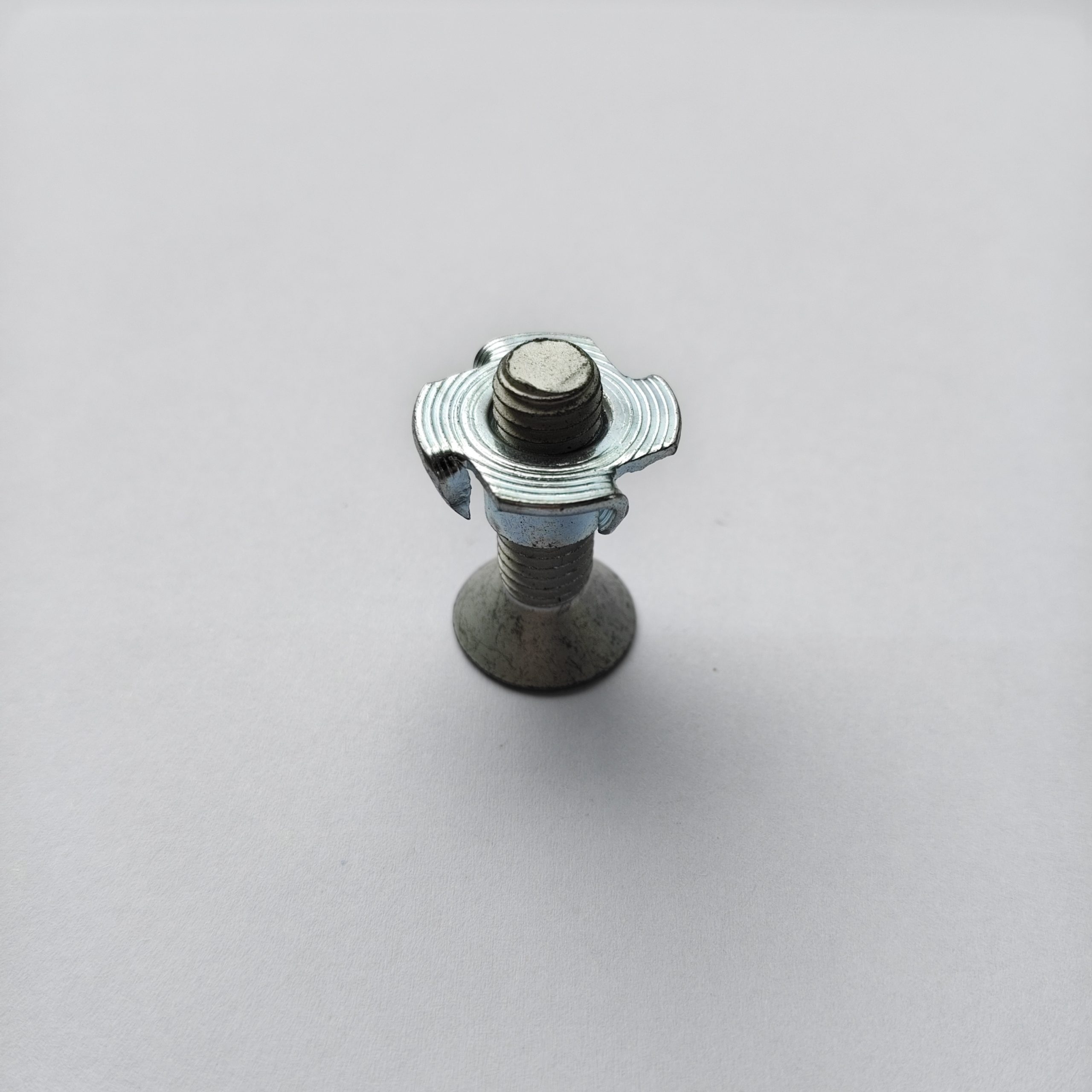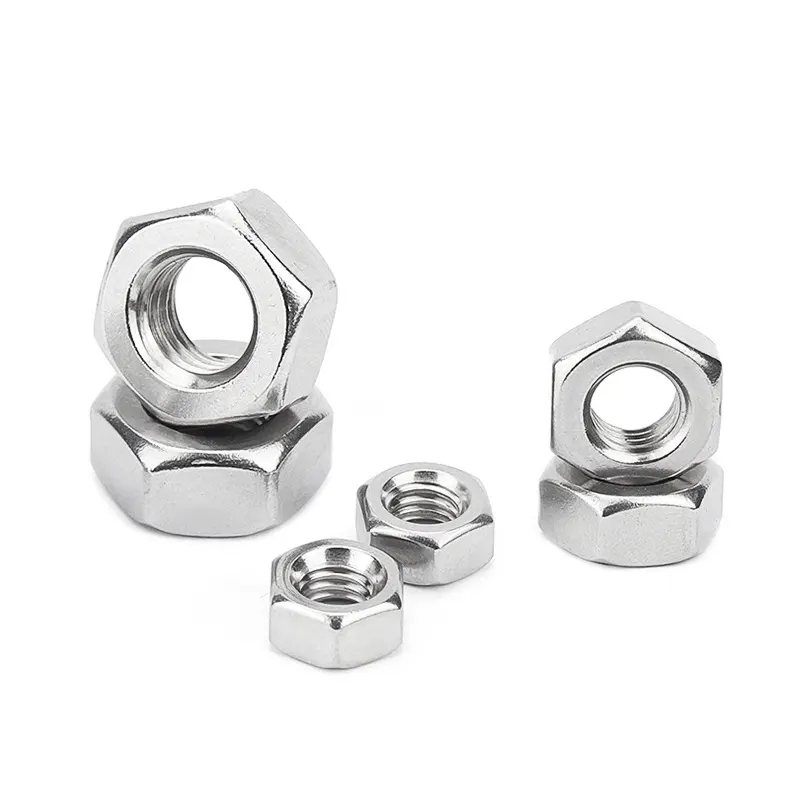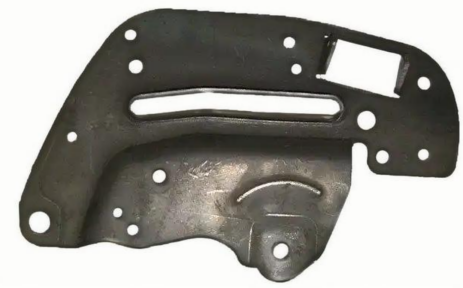

M6 Hex Nut: A Comprehensive GuideThis guide provides a detailed overview of M6 hex nuts, covering their specifications, applications, materials, and selection criteria. We'll explore different types, advantages and disadvantages, and offer guidance on choosing the right nut for your specific needs.
The M6 hex nut is a common fastener used in a wide range of applications. Understanding its specifications, materials, and applications is crucial for choosing the right component for your project. This guide provides a comprehensive overview to help you navigate the world of M6 hex nuts.
The M6 in M6 hex nut denotes the major diameter of the screw thread, which is 6 millimeters. This is a key specification that determines the compatibility of the nut with corresponding bolts or screws.
The hex refers to the hexagonal shape of the nut's head. This shape allows for easy tightening and loosening using a wrench. The dimensions of the hexagon are standardized, ensuring compatibility with standard tools.
M6 hex nuts typically feature metric threads, often with a coarse or fine pitch. The thread pitch influences the strength and the rate of tightening. Choosing the correct pitch depends on the application and desired clamping force.
M6 hex nuts are manufactured from a variety of materials, each offering different properties and suitability for specific applications. Common materials include:
The choice of material depends on factors such as the application's environment, required strength, and corrosion resistance needs. For example, a stainless steel M6 hex nut is preferred in marine environments due to its superior corrosion resistance compared to a standard steel nut.
M6 hex nuts are incredibly versatile and find use in countless applications across various industries, including:
Selecting the appropriate M6 hex nut requires careful consideration of several factors, including:
For high-quality M6 hex nuts and other fasteners, consider suppliers specializing in precision manufacturing. Reliable suppliers can provide a wide range of options to suit your specific needs. For example, you can explore options from reputable manufacturers and distributors.
To find top-quality fasteners, explore the extensive selection at Hebei Dewell Metal Products Co., LTD. They offer a wide variety of fasteners, including M6 hex nuts, made from various materials and to various specifications.
Remember to always consult relevant standards and specifications when selecting fasteners for critical applications. Proper selection ensures safety, reliability, and the longevity of your project.

